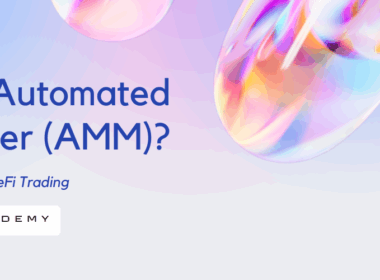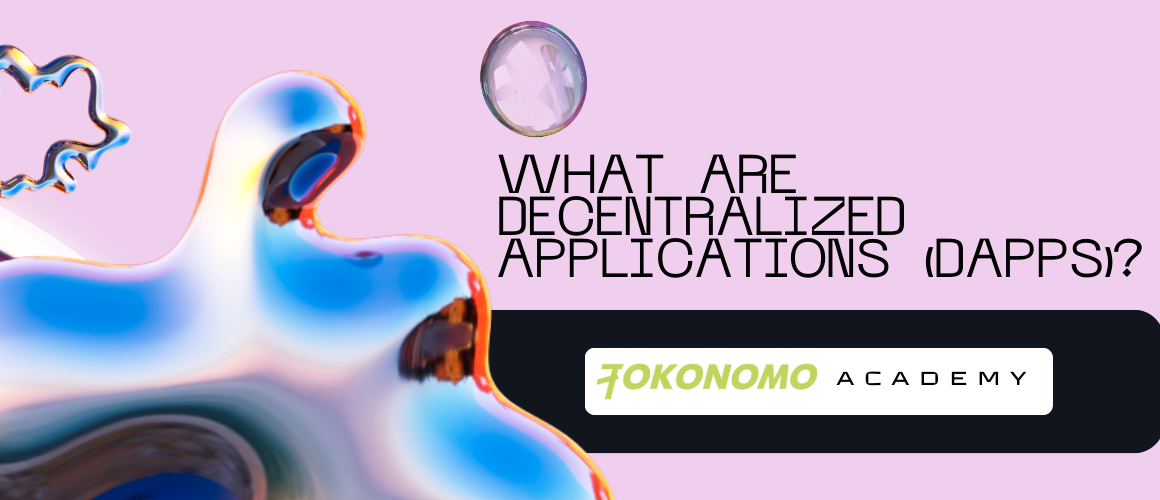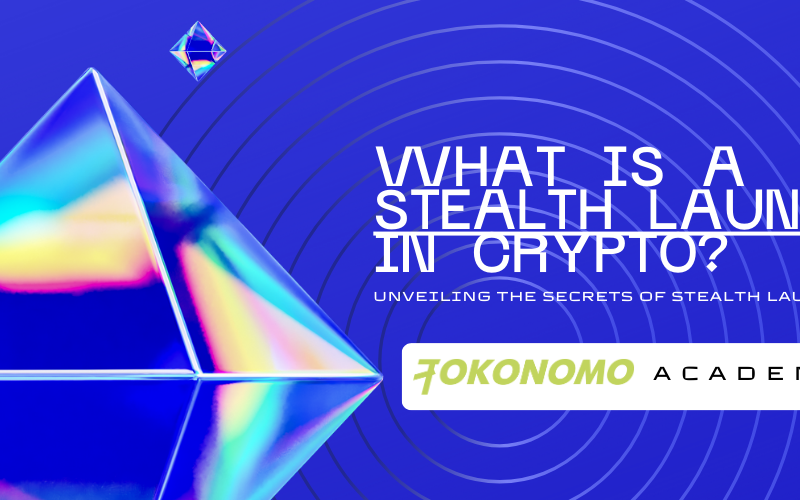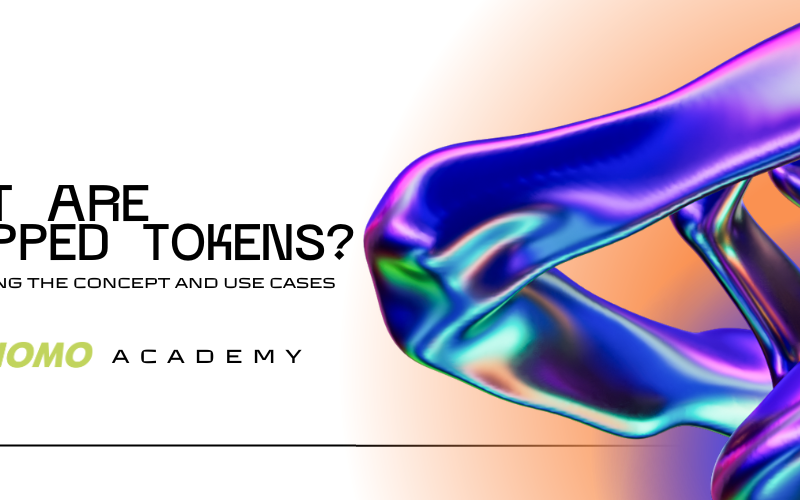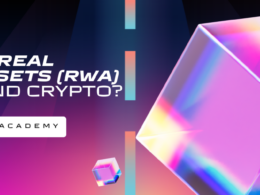Table of Contents
- What Does Decentralization Mean?
- What Constitutes a DApp?
- What is the Functioning Mechanism of DApps?
- What Benefits do DApps Offer?
- What Are the Drawbacks of Decentralized Applications (DApps)?
- What Are the Present-Day Use Cases For DApps?
- What DApp Risks Should You Be Aware Of?
- How to Connect to DApps
- Conclusion
Decentralized applications, or DApps, have gained significant attention in recent years due to their potential to revolutionize various industries. Built on blockchain technology, DApps offer a range of benefits such as increased security, transparency, and immutability. In this blog post, we will explore the world of DApps, discussing what they are, how they work, and their potential impact on different sectors.
What Does Decentralization Mean?
Decentralization is the pivotal concept encompassing the redistribution of power, control, and the act of decision-making throughout a network or system, diverging from a singular organization or individual. Its essence lies in the dispersal of responsibility and authority among a multitude of participants, relinquishing the dominance of a solitary entity as the ultimate arbiter of all decisions.
In contrast, centralized systems typically entail the presence of a central authority or organization that wields absolute control over the entire system. This central entity assumes the mantle of decision-maker and wields the capacity to enforce regulations and rules.
Decentralization, conversely, aspires to apportion the authority for decision-making and control to a more extensive network of participants. This objective is actualized through the utilization of cutting-edge technologies such as blockchain. In the realm of blockchain, a myriad of computers, known as nodes, collaboratively maintain a shared database while simultaneously verifying transactions. Each node retains an entire replica of the comprehensive database, thus guaranteeing that no single entity can exercise unrestrained dominion over the system.
The practice of decentralization finds application across diverse domains and industries. For instance, in the realm of cryptocurrencies and decentralized finance (DeFi), the aspiration is to fashion financial ecosystems devoid of reliance on conventional banking institutions. Simultaneously, decentralized governance paradigms, exemplified by decentralized autonomous organizations (DAOs), confer the capability upon communities to make collective decisions, emancipating them from the preeminence of a central authority.
What Constitutes a DApp?
A decentralized application, also known as a DApp, operates on a blockchain network. By harnessing the inherent capabilities of the blockchains upon which they are constructed, DApps can provide enhanced levels of security, transparency, and self-governance compared to conventional applications. This is achieved by dispersing control across multiple participants, ensuring that your data, when utilized within a DApp, is not subject to the authority of a single company or server. Instead, it is securely recorded on the blockchain and authenticated by numerous nodes within the network.
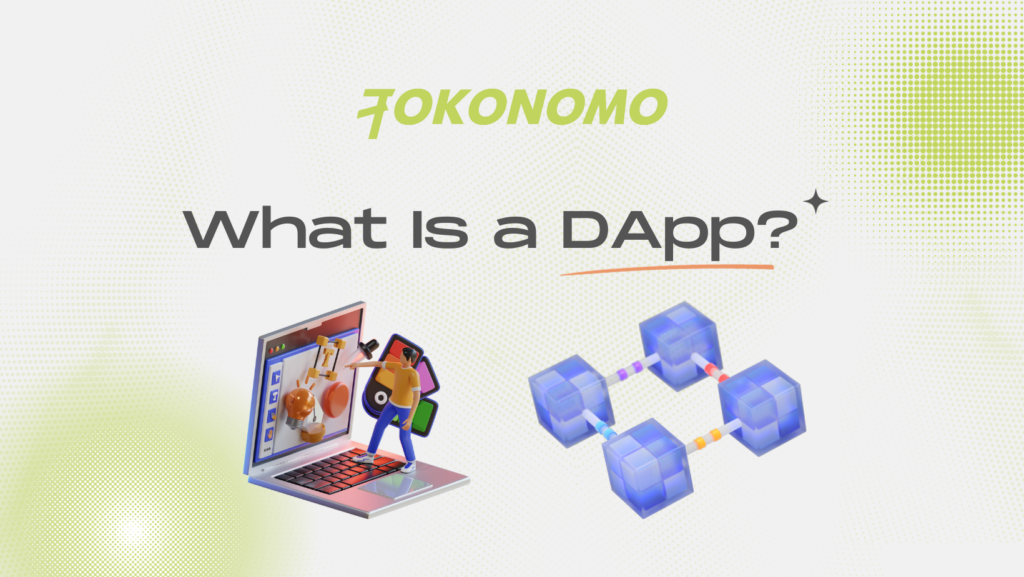

To delve deeper into the concept, consider a social media DApp. When you create a post, it is now securely stored on the blockchain, accessible to all network participants. This contrasts with traditional social media applications, where your data resides in a centralized database controlled by a corporation. With multiple computers verifying this information, it becomes significantly more challenging for the application’s creator to manipulate or exploit your data for financial gain.
DApps exhibit a diverse range of purposes and functionalities. Some are tailored for financial transactions, such as decentralized finance (DeFi) or payment systems, enabling direct money transfers without reliance on a traditional bank. Others serve various domains, including gaming, supply chain management, voting systems, and even the generation and trading of digital art and collectibles.
What is the Functioning Mechanism of DApps?
DApps, short for decentralized applications, leverage the capabilities of smart contracts as their driving force. These smart contracts execute their back-end operations on decentralized peer-to-peer networks. A smart contract essentially acts as a predefined set of rules governed by computer code. As soon as specific conditions are satisfied, all nodes within the network collaborate to carry out the actions outlined within the contract.
Once a smart contract is successfully deployed on the blockchain, altering or erasing its code becomes a formidable challenge. Consequently, even if the development team responsible for the DApp has disbanded, users retain the ability to access and utilize the DApp.
What Benefits do DApps Offer?
Prior to delving deeper, it’s crucial to emphasize that the merits and drawbacks of DApps may exhibit variability contingent upon the particular application, blockchain network, and the viewpoint of the user. Nonetheless, in this context, we elucidate the overarching functionalities typically associated with them.
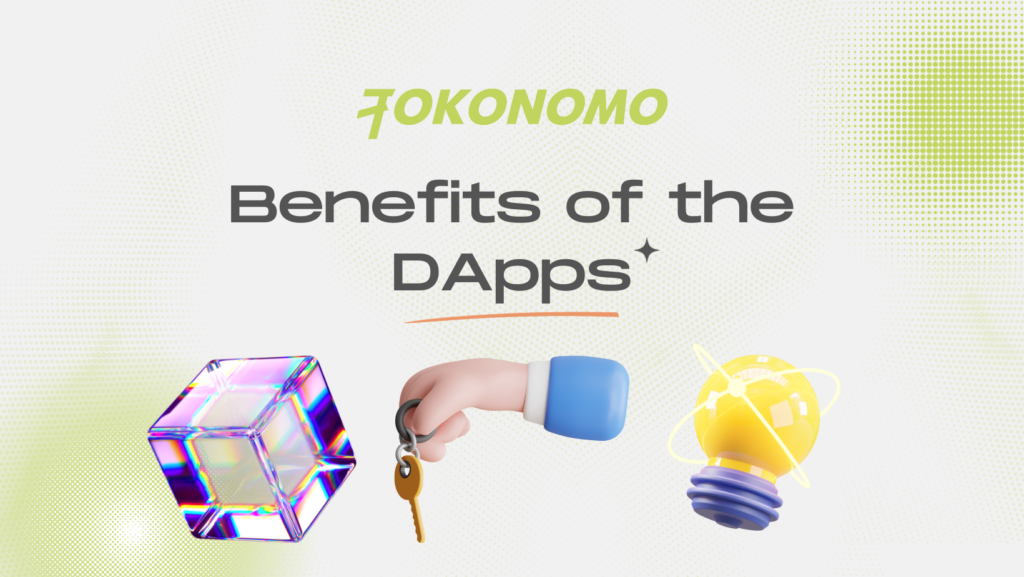

Transparency
DApps frequently leverage blockchain technology, which inherently boasts a high degree of transparency. This heightened level of transparency is primarily due to all transactions and activities being meticulously recorded on a publicly accessible ledger. Consequently, this transparency facilitates the ability for anyone to meticulously verify and scrutinize the data.
Autonomy and Ownership
The decentralized nature of DApps provides users with a unique sense of autonomy and ownership over their data and assets. This empowerment enables users to engage directly with one another, eliminating the need for reliance on intermediaries or centralized authorities.
Innovation and Community Collaboration
DApps often serve as catalysts for innovation by granting developers the opportunity to construct applications atop existing platforms and protocols. Furthermore, DApps often incorporate open-source components, fostering an environment that encourages collaboration among developers and communities, ultimately leading to the enhancement and refinement of the application.
What Are the Drawbacks of Decentralized Applications (DApps)?
Scalability
Scaling DApps poses a significant hurdle to overcome. Several blockchains face limitations in terms of their processing speed and capacity, leading to sluggish transaction processing and elevated expenses. The issue of scalability becomes particularly critical as the user base and transaction volume grow.
User Experience
At present, DApps often present a more intricate user experience compared to conventional centralized applications. Engaging with blockchain networks, managing digital wallets, and comprehending the underlying technology may necessitate a certain degree of learning for some users.
Governance Challenges
The process of decentralized decision-making can give rise to governance challenges. When multiple stakeholders are involved in shaping the development and progression of a DApp, achieving consensus on alterations or resolving conflicts can prove to be a more arduous and time-consuming endeavor compared to centralized decision-making.
What Are the Present-Day Use Cases For DApps?
The DApp ecosystem undergoes continuous evolution, with new, inventive applications emerging across various domains as the technology matures. Let’s explore the predominant categories within the DApp ecosystem.
Decentralized Finance (DeFi)
The realm of DeFi has witnessed a substantial surge in popularity within the blockchain ecosystem, offering an array of financial services that encompass lending, borrowing, decentralized exchanges, stablecoins, yield farming, and automated asset management. The fundamental mission of DeFi DApps is to furnish accessible, permissionless, and transparent alternatives to the conventional financial systems that exist.
Non-Fungible Token (NFT) Platforms
NFTs have been on an upward trajectory in terms of popularity, serving as the catalyst for the creation and exchange of distinct digital assets on blockchain networks. DApps operating in this sphere empower artists, creators, and collectors to tokenize and engage in the trading of digital art, collectibles, virtual real estate, and various other forms of unique digital content.
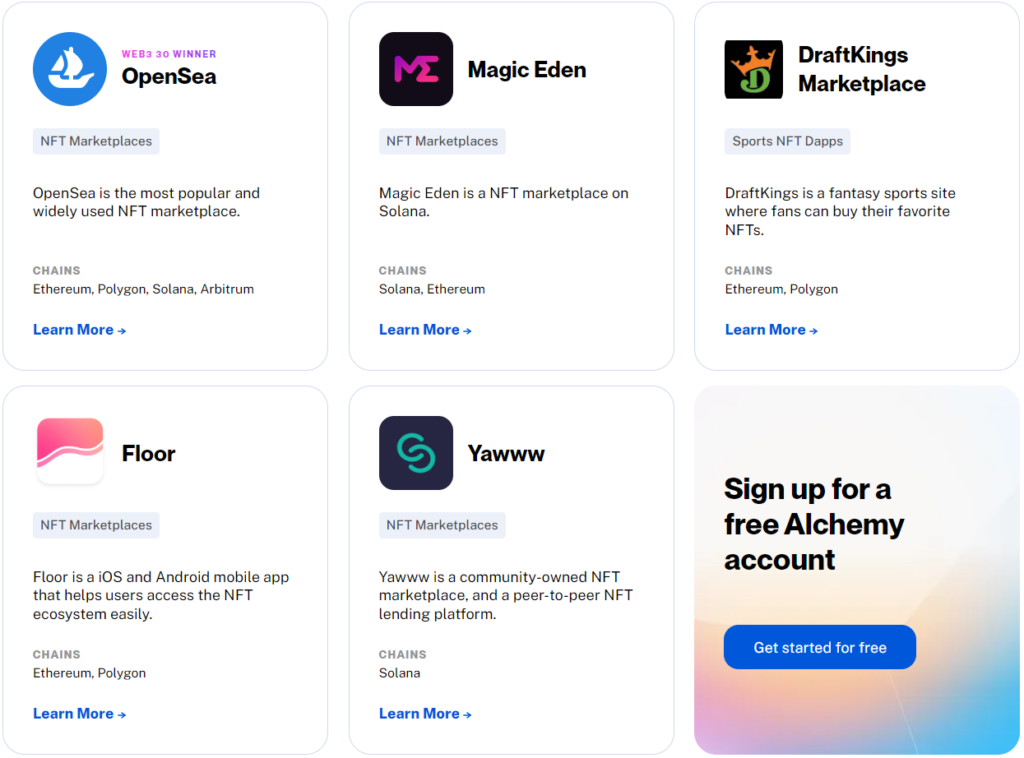

Gaming and Virtual Worlds
DApps play a pivotal role in facilitating the establishment of decentralized gaming platforms and virtual realms wherein players can assert secure ownership over in-game assets and partake in their exchange. These applications often leverage blockchain technology to establish irrefutable scarcity and verifiable ownership of virtual items.
Governance and Voting
Decentralized applications have ushered in the era of decentralized governance and voting systems, endowing communities with the authority to arrive at collective decisions. These DApps furnish a transparent and auditable framework for voting on proposals, resource allocation, and the implementation of alterations within a community or organization.
Decentralized Storage and Computing
DApps have also embarked on ventures exploring decentralized storage and computing solutions. Rather than relying on centralized servers, these applications harness distributed networks to securely store and process data, thereby reducing dependence on singular points of failure and potentially enhancing data security.
Identity and Authentication
Certain DApps are dedicated to delivering decentralized identity and authentication solutions, with the overarching goal of granting users greater control over their personal data. These applications enable individuals to securely manage and substantiate their identity without being beholden to centralized authorities.
What DApp Risks Should You Be Aware Of?
DApps, much like any other technological innovation, inherently carry a set of associated risks. Among these concerns, users typically prioritize the issue of technical vulnerabilities due to the absence of intermediaries. Despite the presence of robust security measures and smart contract bug bounty programs, it remains a possibility that smart contracts could harbor vulnerabilities, potentially exploited by malicious entities. Such exploitation can result in financial loss or unintended consequences.
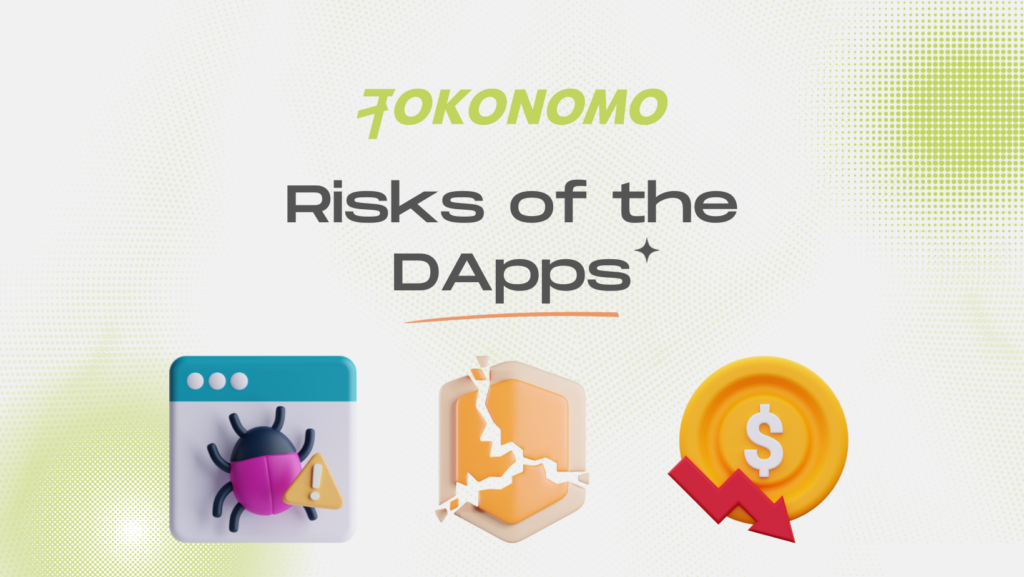

Moreover, wallets, exchanges, or the foundational blockchain infrastructure can become prime targets for malicious hackers. Therefore, users must exercise vigilance in safeguarding their private keys, remain vigilant against phishing attempts, and ensure their engagement with trustworthy wallets and platforms.
While DApps offer numerous advantages, they also necessitate that users actively manage their own private keys and digital assets. Instances of mismanagement, such as the inadvertent loss or exposure of private keys, may lead to the irrevocable forfeiture of assets.
In light of these considerations, it is crucial for users to undertake thorough research, comprehend the risks associated with individual DApps, and implement essential safeguards, including the use of reputable wallets, staying well-informed about security best practices, and exercising prudence when interacting with DApps.
How to Connect to DApps
To begin, it is necessary for you to initiate the process by installing a compatible cryptocurrency wallet that is designed to function seamlessly with the specific blockchain network associated with the DApp. Once you have successfully acquired and installed the wallet, proceed to configure it by establishing a fresh wallet instance and fortifying it with a robust and secure password. In certain cases, it may be obligatory to safeguard a recovery phrase as an added security measure.
Subsequently, you may wish to proceed with the step of depositing cryptocurrency into your wallet. This can entail either acquiring cryptocurrency through purchase or conducting a transfer of digital coins or tokens to your designated wallet address. Finally, you can gain access to the DApp by establishing a connection with the respective website or platform. This can typically be achieved through a button denoted with a label such as “Connect.” If you have previously set up the browser extension, you can effortlessly establish the connection by entering your password when prompted.
Conclusion
DApps, or Decentralized Applications, stand as a captivating facet within the realm of blockchain technology. They bring forth a myriad of benefits, including autonomy and immunity against censorship. Nonetheless, they are not without their share of difficulties, encompassing issues like a restricted user experience and the looming specter of smart contract vulnerabilities.
In this ever-expanding DApp landscape, both users and developers find themselves compelled to address these challenges. It becomes imperative to promote responsible development practices while remaining vigilant regarding security and compliance concerns. With the continual march of advancements and enhancements, DApps hold the potential to orchestrate a transformative wave across industries, endowing individuals with unprecedented empowerment, and fundamentally reshaping our interactions with technology and one another.
